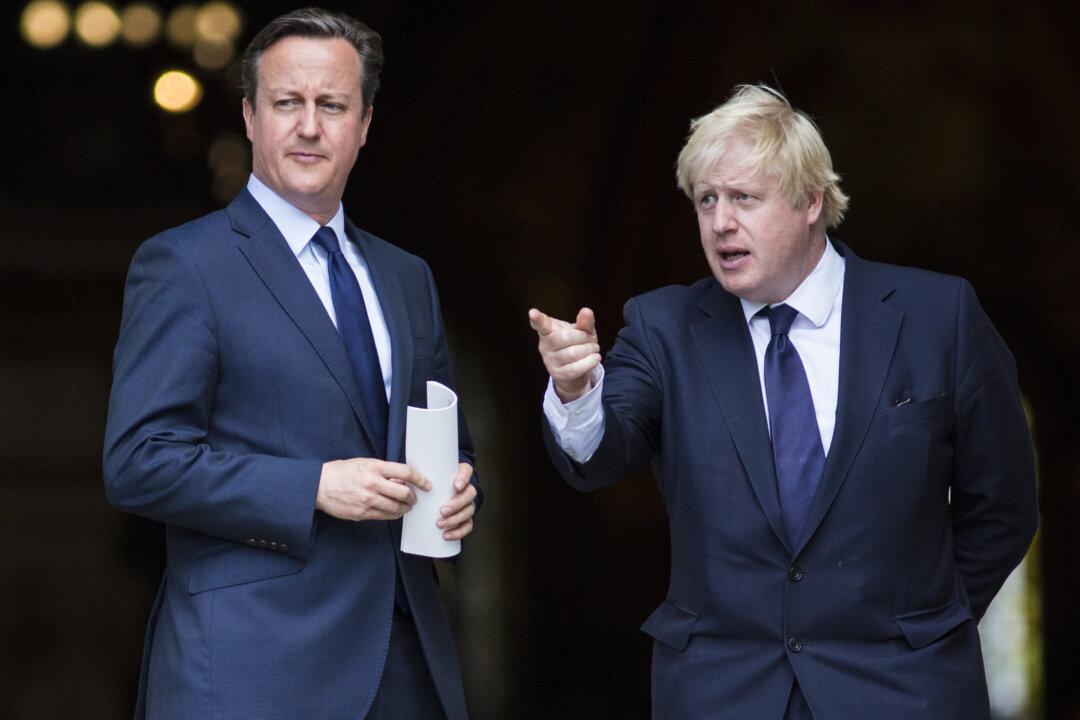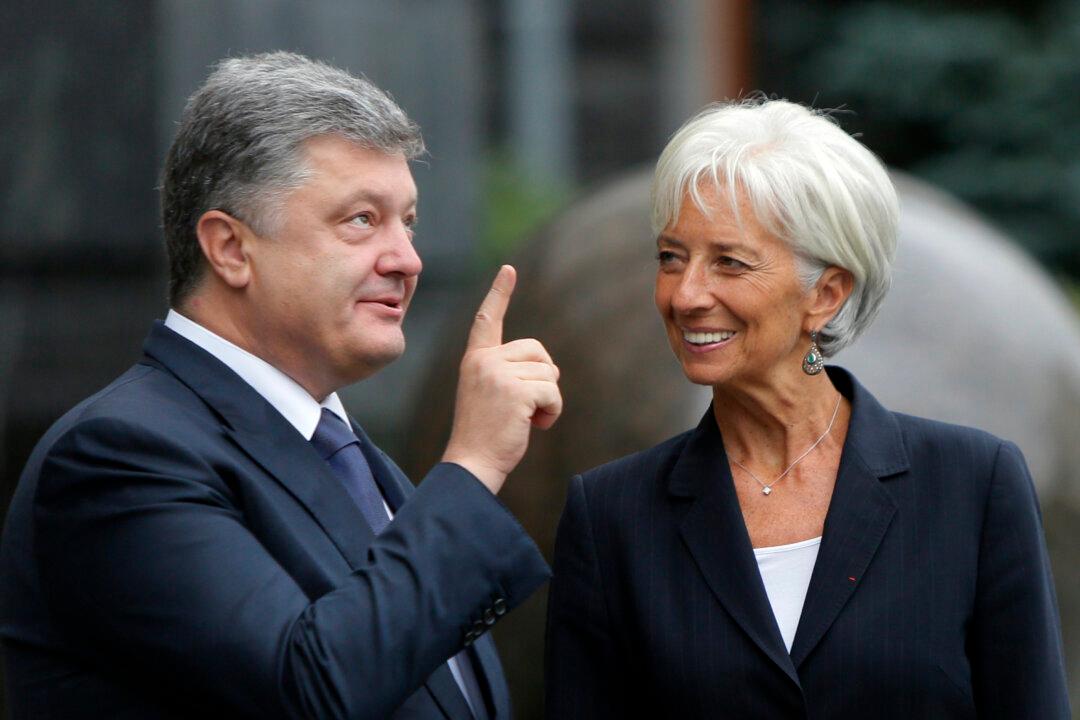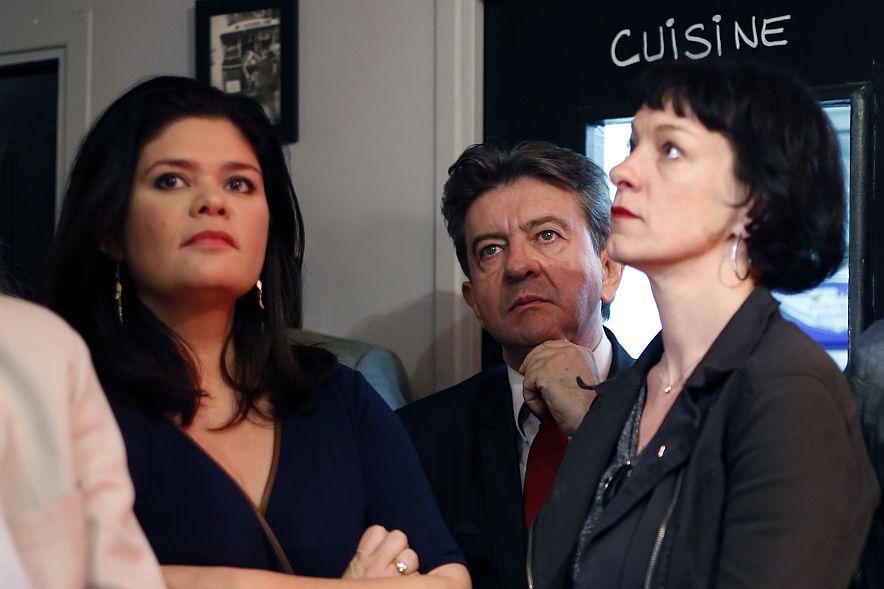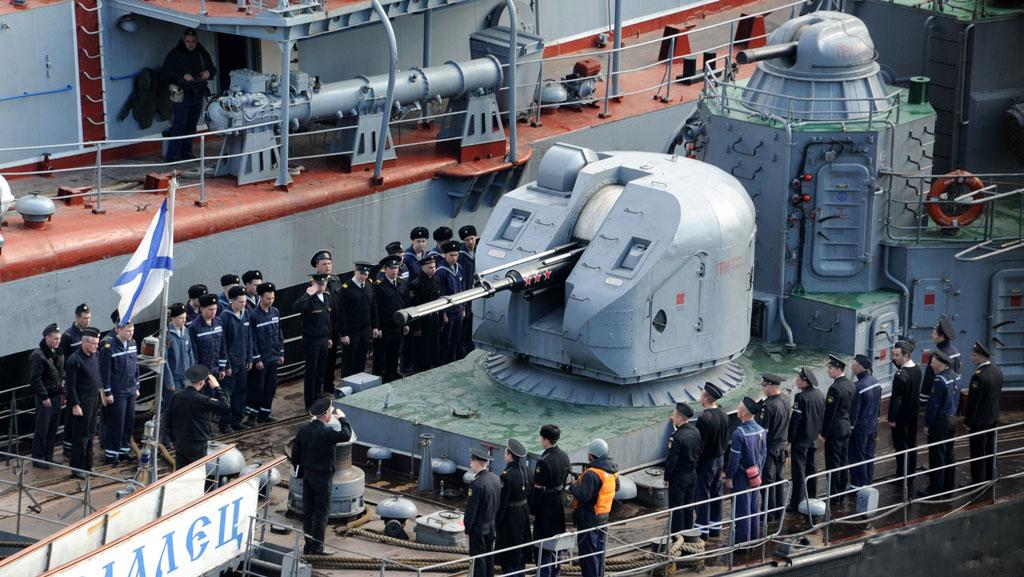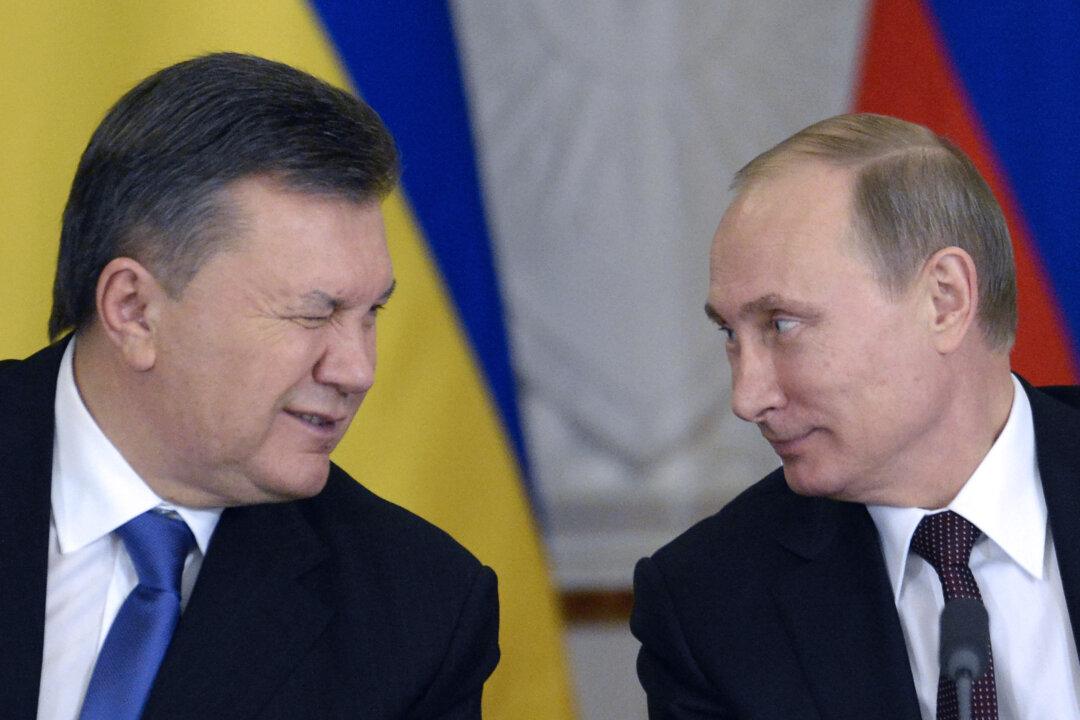David R. Cameron
Author
LATEST
After EU Deal, British Voters Weigh Costs and Benefits of Brexit
Like other nations, the United Kingdom faces ongoing pressures from debt, demographics, and refugees fleeing the Middle East. Some politicians use the European Union as a convenient scapegoat for their own troubles. In 2013, British Prime Minister David Cameron pledged to renegotiate terms of Britain’s membership in the EU. A referendum on whether the country should remain a member is set for June. Cameron presides over a Conservative Party divided on Europe, explains David R. Cameron, professor of politics at Yale, and “the pledge was motivated, above all, by his desire to secure a Tory majority in 2015.” The settlement addresses irritants in the areas of economic governance, competitiveness, social benefits and free movement, but does not change treaty terms or provide significant EU reform. Economic crisis has hit Europe hard in recent years, but the EU remains a powerful force in trade, accounting for 20 percent of global exports and imports while representing only 7 percent of the world’s population.
|
IMF to the Aid of Ukraine: Well-Intended, but Misguided
Ukraine, battling separatists and demands for autonomy in its eastern regions, confronts a debt crisis. The International Monetary Fund approved $17.5 billion over four years and also called for another debt operation. After five months of negotiations, Ukraine received another $15.3 billion, including a 20 percent “haircut” in the $18 billion of bonds held by the private creditors. More than three quarters of the country’s 2015 external debt is privately held “Agreement may have been reached but that should not mask the fact that, like much of the IMF program, the ‘debt operation’ is misguided, a short-term fix that will prove to be costly over the longer term,” argues David R. Cameron, professor of political science and the director of Yale’s Program in European Union Studies. The structure of the deal could delay structural reforms and discourage investors. Cameron expresses doubt that Ukraine’s economy will grow at rates as predicted by the IMF and anticipates additional bailouts will be needed. He points out that the United States and the European Union have a strong geopolitical interest in Ukraine.
|
Global Casualty of an Escalating Local War
The EU must speak forcefully for Flight 17 victims and all who have lost their lives in the violence in eastern Ukraine.
|
Euroskepticism Triumphant
Commenting on last week’s elections for the European Parliament, French Prime Minister Manuel Valls spoke of a “political earthquake.”
|
Why Putin Doesn’t Care About Sanctions
Many wondered why Putin was willing to violate international law so blatantly and, in so doing, incur the wrath of the international community and economic sanctions, drive Ukraine into the arms of the EU and give NATO a new raison d’être – all for a small piece of Ukraine.
|
Ukraine After Yanukovych
No one, least of all Ukrainian President Viktor Yanukovych, could have imagined, when he announced in November that he wouldn’t sign a much-anticipated Association Agreement with the European Union, that his decision would give rise to three months of protests that, after a tumultuous and tragic week in which more than 80 were killed, would culminate in his removal from office.
|
Putin’s Gas-Fueled Bailout of Ukraine
On Nov. 21, Ukraine announced it would not sign an Association Agreement with the European Union at the meeting a week later in Vilnius, Lithuania, of EU leaders and those of six Eastern Partners—Armenia, Azerbaijan, Belarus, Georgia, Moldova, and Ukraine. The agreement would have committed the EU and Ukraine to creating a Deep and Comprehensive Free Trade Area that would lead to more trade and investment between Ukraine and the 28 member states of the EU.
|
After EU Deal, British Voters Weigh Costs and Benefits of Brexit
Like other nations, the United Kingdom faces ongoing pressures from debt, demographics, and refugees fleeing the Middle East. Some politicians use the European Union as a convenient scapegoat for their own troubles. In 2013, British Prime Minister David Cameron pledged to renegotiate terms of Britain’s membership in the EU. A referendum on whether the country should remain a member is set for June. Cameron presides over a Conservative Party divided on Europe, explains David R. Cameron, professor of politics at Yale, and “the pledge was motivated, above all, by his desire to secure a Tory majority in 2015.” The settlement addresses irritants in the areas of economic governance, competitiveness, social benefits and free movement, but does not change treaty terms or provide significant EU reform. Economic crisis has hit Europe hard in recent years, but the EU remains a powerful force in trade, accounting for 20 percent of global exports and imports while representing only 7 percent of the world’s population.
|
IMF to the Aid of Ukraine: Well-Intended, but Misguided
Ukraine, battling separatists and demands for autonomy in its eastern regions, confronts a debt crisis. The International Monetary Fund approved $17.5 billion over four years and also called for another debt operation. After five months of negotiations, Ukraine received another $15.3 billion, including a 20 percent “haircut” in the $18 billion of bonds held by the private creditors. More than three quarters of the country’s 2015 external debt is privately held “Agreement may have been reached but that should not mask the fact that, like much of the IMF program, the ‘debt operation’ is misguided, a short-term fix that will prove to be costly over the longer term,” argues David R. Cameron, professor of political science and the director of Yale’s Program in European Union Studies. The structure of the deal could delay structural reforms and discourage investors. Cameron expresses doubt that Ukraine’s economy will grow at rates as predicted by the IMF and anticipates additional bailouts will be needed. He points out that the United States and the European Union have a strong geopolitical interest in Ukraine.
|
Global Casualty of an Escalating Local War
The EU must speak forcefully for Flight 17 victims and all who have lost their lives in the violence in eastern Ukraine.
|
Euroskepticism Triumphant
Commenting on last week’s elections for the European Parliament, French Prime Minister Manuel Valls spoke of a “political earthquake.”
|
Why Putin Doesn’t Care About Sanctions
Many wondered why Putin was willing to violate international law so blatantly and, in so doing, incur the wrath of the international community and economic sanctions, drive Ukraine into the arms of the EU and give NATO a new raison d’être – all for a small piece of Ukraine.
|
Ukraine After Yanukovych
No one, least of all Ukrainian President Viktor Yanukovych, could have imagined, when he announced in November that he wouldn’t sign a much-anticipated Association Agreement with the European Union, that his decision would give rise to three months of protests that, after a tumultuous and tragic week in which more than 80 were killed, would culminate in his removal from office.
|
Putin’s Gas-Fueled Bailout of Ukraine
On Nov. 21, Ukraine announced it would not sign an Association Agreement with the European Union at the meeting a week later in Vilnius, Lithuania, of EU leaders and those of six Eastern Partners—Armenia, Azerbaijan, Belarus, Georgia, Moldova, and Ukraine. The agreement would have committed the EU and Ukraine to creating a Deep and Comprehensive Free Trade Area that would lead to more trade and investment between Ukraine and the 28 member states of the EU.
|

